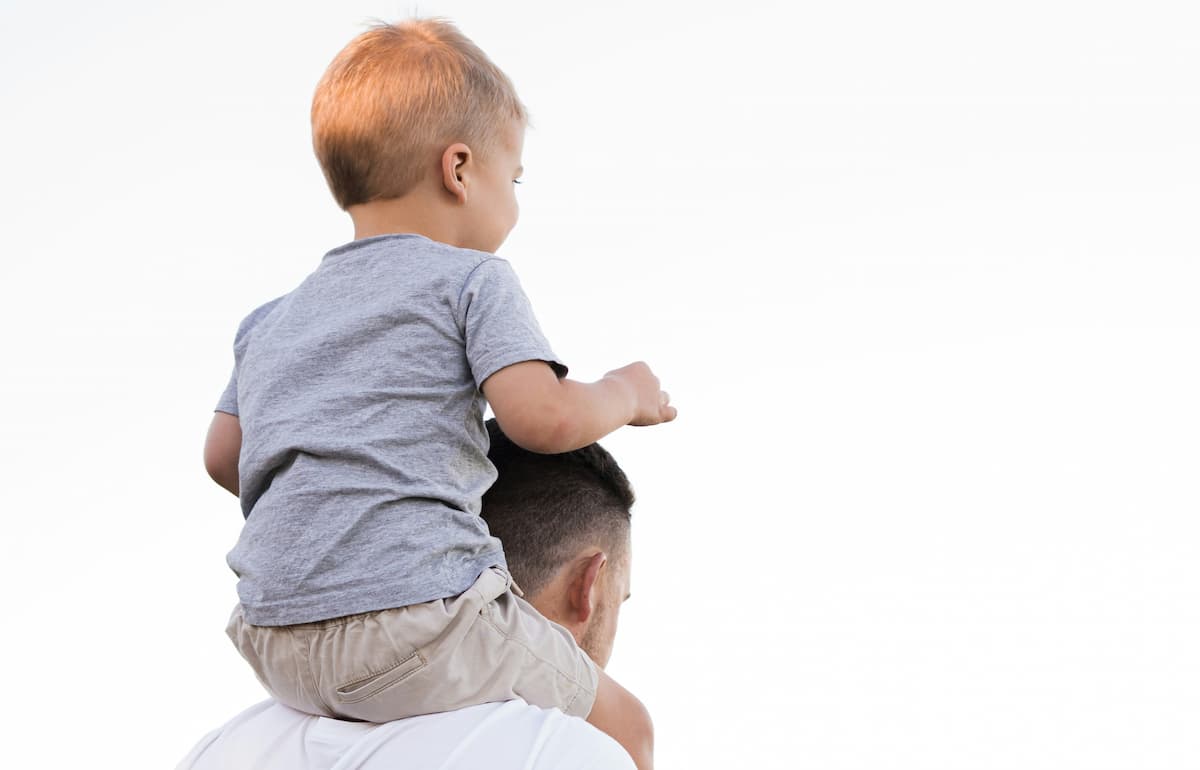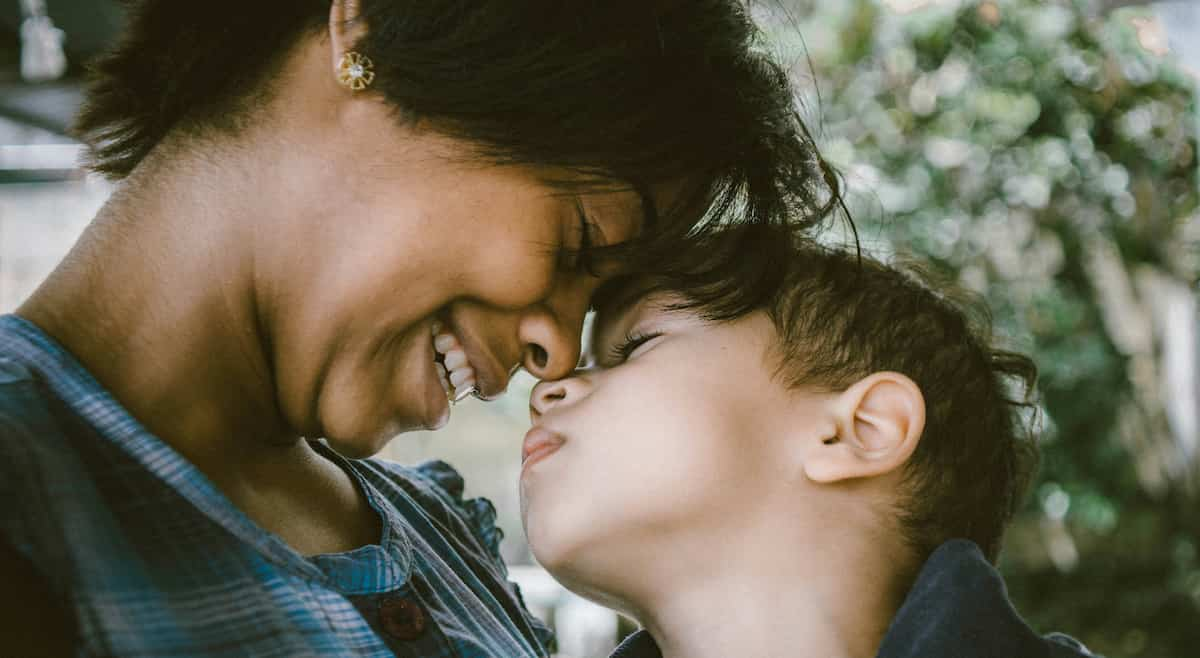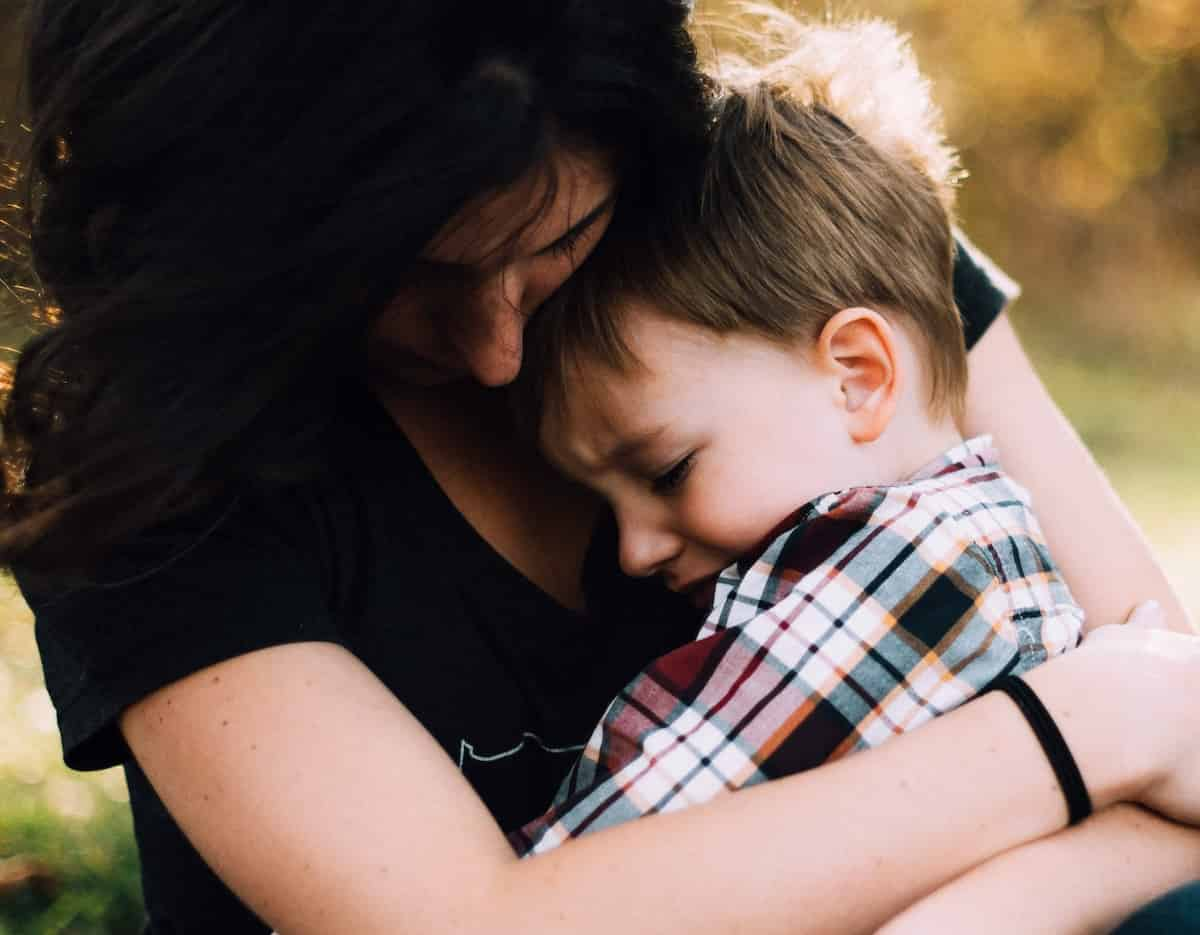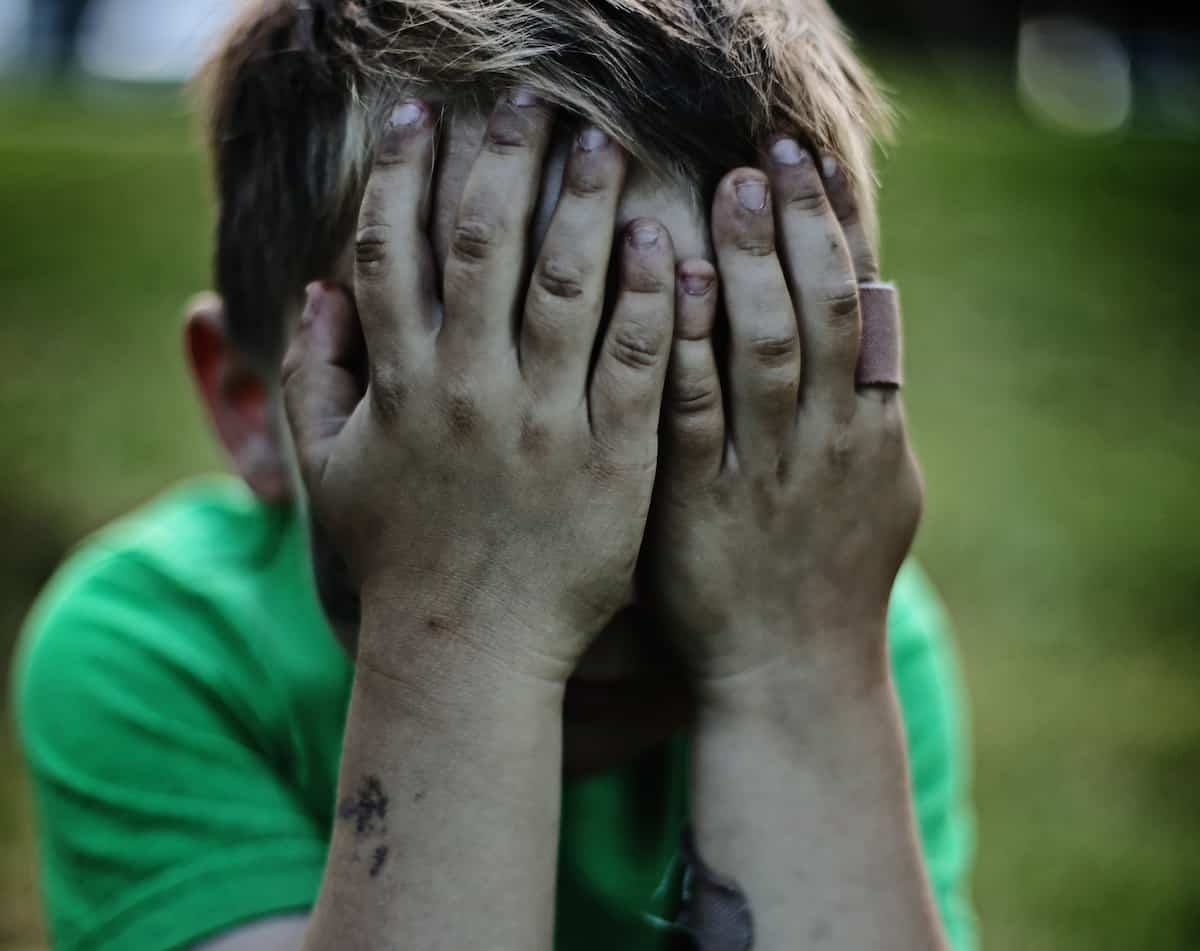Mental health problems can strike anyone.
A happy childhood does not guarantee against developing mental health problems later on.
Even people who experience many positive early childhood experiences can go on to develop anxiety, depression, or other mental health issues.
This shows how mental health problems can strike anyone.
The research also reaffirms the connection between negative childhood experiences and mental health problems, like depression and paranoia.
While childhood experiences can set the tone for our lives, they do not determine our destiny.
Instead, our mental health often hinges on our ability to adapt to stressful circumstances in adulthood.
Those who struggle to cope are more likely to succumb to these conditions.
The conclusions come from a study that tracked over 300 children in Australia.
Ms Bianca Kahl, the study’s first author, said:
“This research shows that mental health conditions are not solely determined by early life events, and that a child who is raised in a happy home, could still grow up to have a mental health disorder.
There’s certainly some missing factors in understanding how our childhood environment and early life experiences might translate into mental health outcomes in adulthood.
We suspect that it’s our expectations about our environments and our ability to adapt to scenarios when our expectations are not being met, that may be influencing our experiences of distress.
If, as children, we learn how to adapt to change, and we learn how to cope when things do not go our way, we may be in a better position to respond to stress and other risk factors for poor mental health.”
Related
- The Hidden Cost Of Childhood Maltreatment: 12 Lifelong Effects (P)
- 10 ‘Loving’ Parenting Practices That Research Says Damages Children (P)
The study was published in the journal Current Psychology (Kahl et al., 2020).










